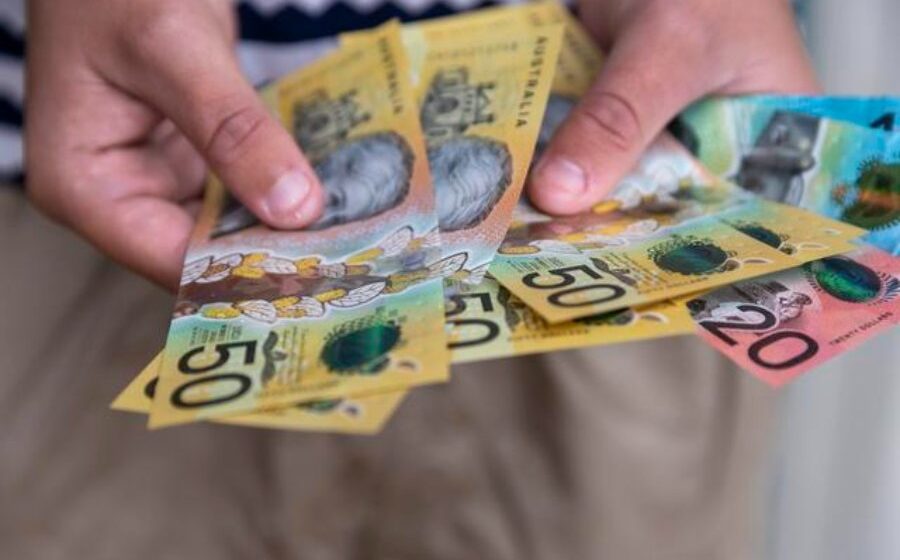Isolation requirements for people with COVID-19 are not set to change as health experts say now is not the right time for a review.
The advice from the chief medical officer had not changed in relation to reducing the seven-day isolation period, Prime Minister Anthony Albanese said.
This contradicts NSW Premier Dominic Perrottet, who called for a review of the requirements for workers.
“We need to look at isolation requirements in a way that still maintains downward pressure on our health system,” he told Sydney radio 2GB on Monday.
“As we move through the next phase of the pandemic we need to balance up the competing health issues – mental health issues, educational outcomes for our children, allowing people the opportunity to go to work.”
But given the increased spread of the virus, a review of isolation rules was not underway, Mr Albanese said.
“The advice from the chief medical officer … was that now is certainly not the time for (the isolation period) to be reconsidered,” he told Adelaide radio 5AA on Monday.
“That’s something that health officials will continue to look at.”
Victorian Premier Daniel Andrews agreed with the prime minister and said it was common sense to keep isolation requirements at seven days.
At national cabinet Mr Perrottet was not calling for an immediate change but at some point, Mr Andrews said.
“We will get to that point in future where we don’t have to isolate,” Mr Andrews told reporters in Melbourne.
“But in the middle of winter that’s not the right thing to do right now.”
Access to COVID-19 isolation payments will resume from later this week.
Employees who have tested positive for the virus and need to isolate from their jobs can receive the $750 payment, which will be available from Wednesday.
It comes after the federal government agreed to extend the isolation payments to the end of September. The scheme had expired on June 30.
Treasurer Jim Chalmers said the government remained “flexible” on an extension to pandemic leave post the September 30 date.
“What drove this decision was the health advice … that we will see a spike in cases which will be difficult to deal with,” he told reporters in Canberra.
“We’ve extended the paid pandemic leave to the end of September, we’ve been flexible about that for all of the best reasons.”
The return of the isolation payments will come with a $780 million price tag, but the cost will be split among the federal, state and territory governments.
The government initially said it did not want to reintroduce the payments due to pressure on the federal budget.
Dr Chalmers said both the fiscal constraints on the federal budget and the health advice was important, and he thanked leaders for agreeing to share the cost.
Mr Albanese has not indicated whether the September 30 deadline for the payments would be extended.
Australia recorded more than 39,000 cases and 31 deaths on Monday. There are 4879 people in hospital with the virus.



